Daily dietary guidelines for children 1-2 years
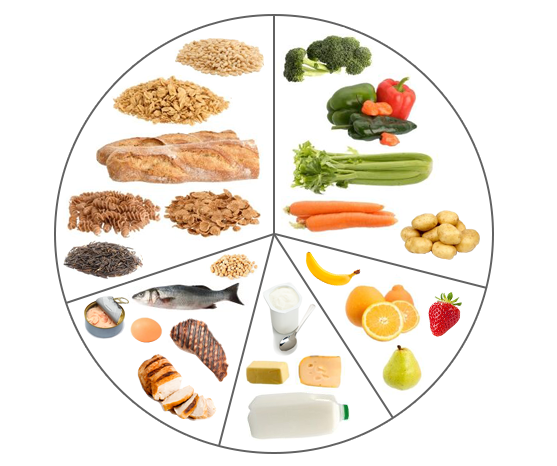
At 1-2 years, toddlers need a wide variety of healthy foods. You decide what your child eats from the 5 food groups. Your toddler decides whether to eat and how much. Think about what your toddler eats over a week, rather than a day.
You can keep breastfeeding for as long as it suits you both. Your toddler doesn’t need formula after 12 months.
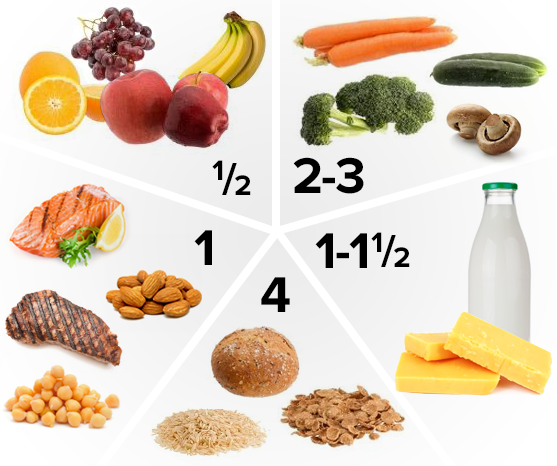
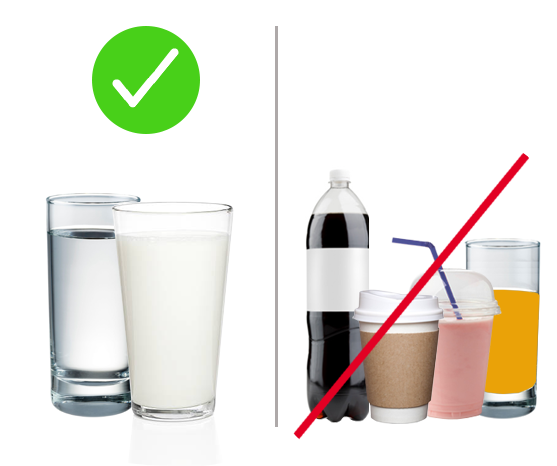
Toddlers need 4 cups (1 L) of fluid each day. Water is the best drink for toddlers. They can also have pasteurised, full-fat cow’s milk.
Toddlers should avoid soft drinks, fruit juices, flavoured milk or water, sports drinks and energy drinks.
Food groups: daily serves of fruit, vegetables, cereals and grains
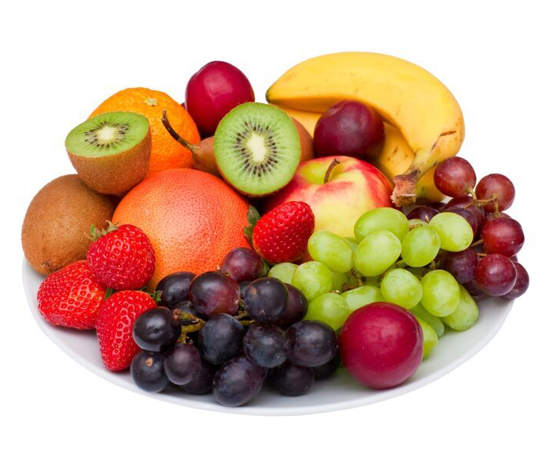
Fruit: 1 serve = 1 medium apple, banana, orange or pear; or 2 small plums, kiwi fruits or apricots; or 1 cup diced or canned fruit drained (no added sugar). Offer ½ serve each day.
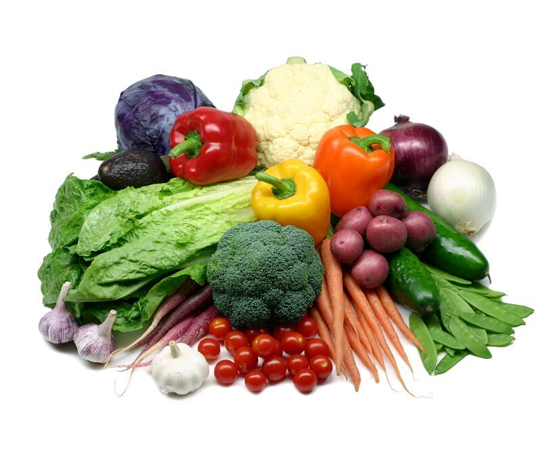
Vegetables: 1 serve = ½ medium potato (or sweet potato or corn); or ½ cup cooked vegetables (like broccoli, spinach, carrots or pumpkin); or 1 cup green leafy or raw salad vegetables; or ½ cup cooked, dried or canned beans or lentils. Offer 2-3 serves each day.
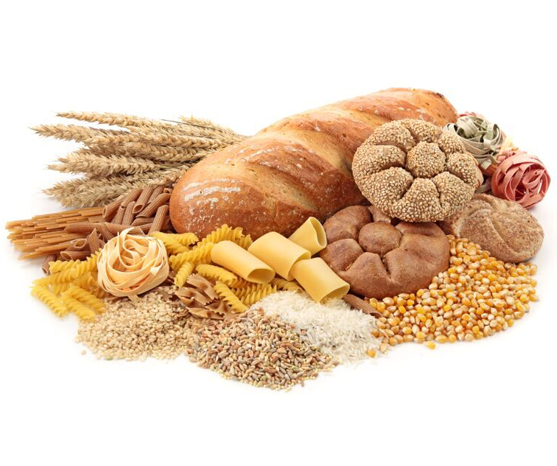
Cereals and grains: 1 serve = 1 slice of bread; or ½ cup cooked rice, pasta, noodles, quinoa or polenta; or ½ cup porridge; or ⅔ cup wheat cereal flakes; or ¼ cup muesli; or 1 crumpet or small English muffin. Wholegrain is best. Offer 4 serves each day.
Food groups: daily serves of dairy, meat and healthy fats
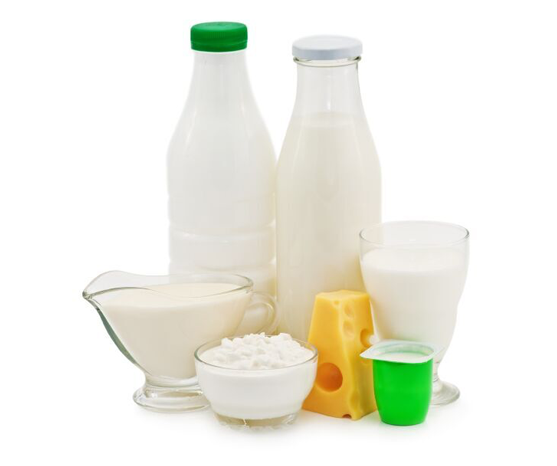
Dairy or dairy alternatives: 1 serve = 1 cup (250 ml) pasteurised cow’s milk; or 1 cup soy, rice, almond or oat milk with at least 100 mg of added calcium per 100 ml; or 2 slices cheese; or ¾ cup (200 g) yoghurt; or ½ cup ricotta cheese. Choose full-fat dairy where possible. Offer 1-1½ serves each day.
Speak to your doctor before giving your toddler dairy alternatives.
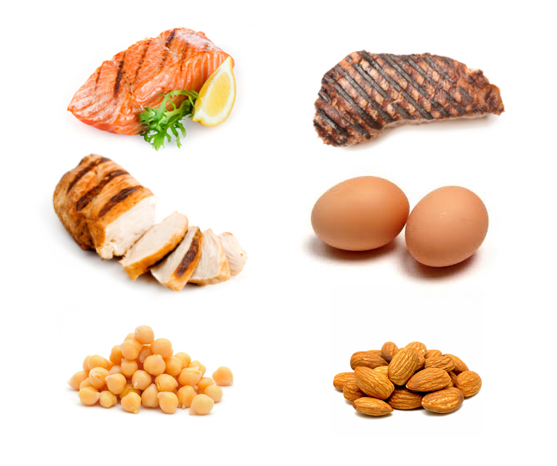
Meat and meat alternatives: 1 serve = 65 g cooked lean beef, lamb, veal or pork; or 80 g cooked lean chicken or turkey; or 100 g cooked fish fillet; or 170 g cooked tofu; or 2 large eggs; or 1 cup cooked lentils, chickpeas or canned beans; or 1½ tablespoons nut or seed pastes (whole nuts are a choking risk). Offer 1 serve each day.
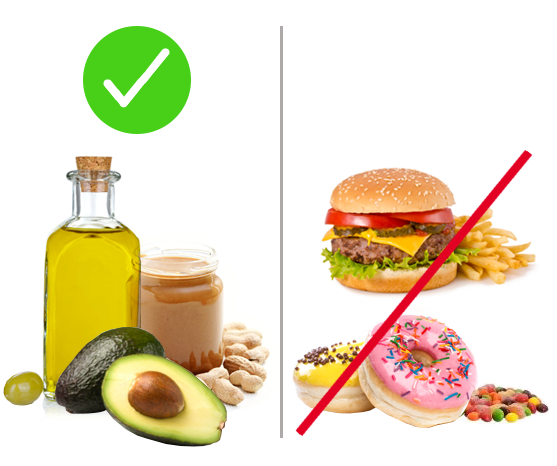
Healthy fats: you can include 1 serve of unsaturated fats per day in cooking, baking, pastes or dressings. 1 serve = 1-2 teaspoons (5-10 g) of olive, canola and rice bran oil or margarine made from these oils; or 1-2 teaspoons (5-10 g) of nut or seed pastes; or 1 tablespoon (20 g) of avocado.
Avoid foods like chips, cakes, biscuits, lollies, processed meats, and fried or takeaway foods. They can be high in saturated fat, sugar and salt.